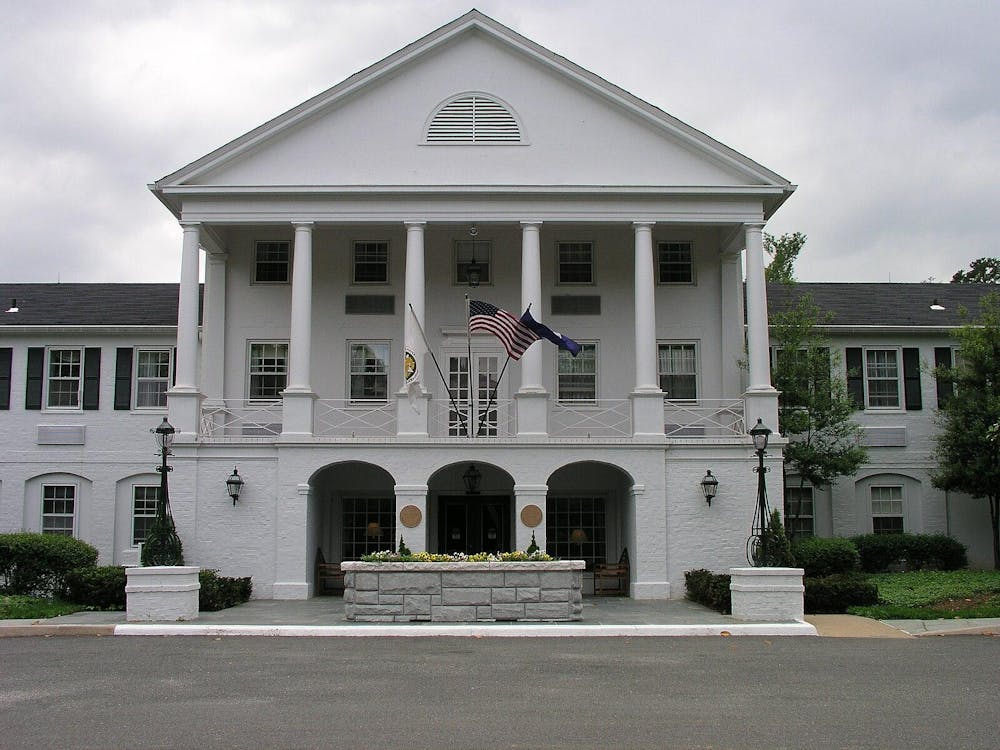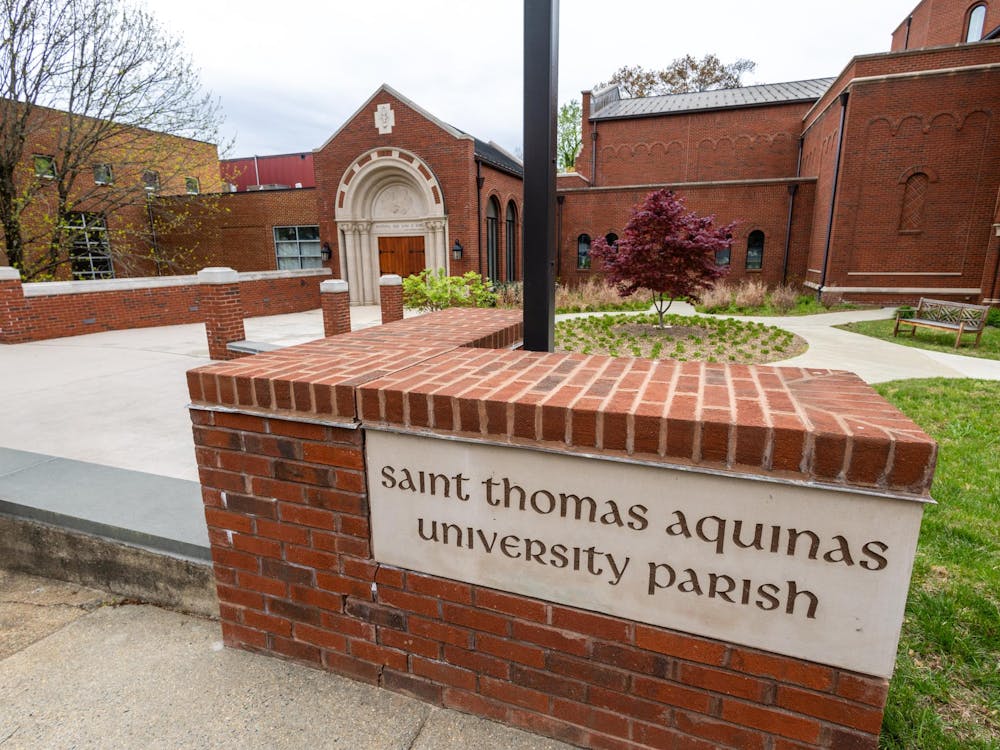Students and professors seeking to share their humanities-related research and engage in dialogue with other scholars worldwide can soon access the online Humanities Research Network, which will focus on classics, philosophy and literature.
The purpose of such a forum is to promote comfortable dialogue among the humanities disciplines, said Lesley Dean-Jones, director of the Classics Research Network and a classics professor at the University of Texas, Austin.
"It's a way to keep abreast of work in progress of colleagues in a wide range of disciplines ... to seek out feedback [and to also] give feedback before [a paper] is published," she said, adding that the network is in no way equivalent to formal publication.
Dean-Jones said the new network is a free service that allows users to upload work in progress as a pdf file.
The idea for the Humanities Research Network was conceived in May 2007, according to Dean-Jones. Since then, the broader Social Science Research Network has sifted through previously submitted papers and categorized them, said University Associate Philosophy Prof. Brie Gertler, an active promoter of the network.
"We're in the process of setting it up," Gertler said, adding that the network should be up and running by the end of next week.
Dean-Jones noted that the network, like others of its kind, may face the problem of plagiarism.
"There is the problem of student plagiarism," Dean-Jones said. "As far as the concern [that] other scholars will plagiarize you, there's the same risk that someone will [steal] an idea that they hear in an [academic] conference."
Despite the risks of plagiarism and idea theft, the network will be an asset to academia because it gives scholars a place to voice and expand their theories and ideas, she said.
"What's beneficial is that you have all of these scholars who are working on ancient material from a non-classical point of view, and that can give you a fresh perspective on the topic," Dean-Jones said. "Also, I think if you're working on a topic and you keep abreast of what other people are doing, it could promote collaboration and it could prevent people unnecessarily duplicating the same work."
Greg Gordon, University of North Dakota law professor, is one of many who have contributed to the more than 4,000 papers, ideas and theories on the SSRN.
The network "helps get your work out there, and it [gives you] a chance to share it with other scholars while it is still in the developing stages," Gordon said. "One hopes that one will get some feedback to some extent. I've been collaborating with someone at Georgetown who found my work, and now we're able to have this really good dialogue about our area of scholarly interests."
Dean-Jones said she believes the greatest benefit from this network is that it increases the opportunity for exchange of ideas worldwide.
Promoters will introduce the new network at the end of next week, according to Gertler.
"Soon after that I'm expecting it will become fully populated with papers," she said.






